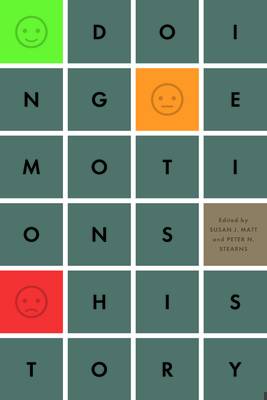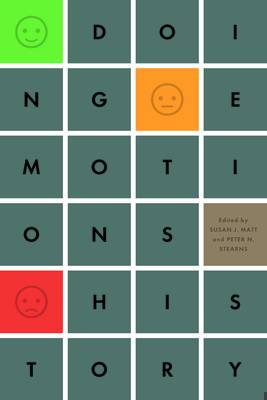
- Afhalen na 1 uur in een winkel met voorraad
- Gratis thuislevering in België vanaf € 30
- Ruim aanbod met 7 miljoen producten
- Afhalen na 1 uur in een winkel met voorraad
- Gratis thuislevering in België vanaf € 30
- Ruim aanbod met 7 miljoen producten
Zoeken
Omschrijving
How do emotions change over time? When is hate honorable? What happens when "love" is translated into different languages? Such questions are now being addressed by historians who trace how emotions have been expressed and understood in different cultures throughout history. Doing Emotions History explores the history of feelings such as love, joy, grief, nostalgia as well as a wide range of others, bringing together the latest and most innovative scholarship on the history of the emotions. Spanning the globe from Asia and Europe to North America, the book provides a crucial overview of this emerging discipline. An international group of scholars reviews the field's current status and variations, addresses many of its central debates, provides models and methods, and proposes an array of possibilities for future research. Emphasizing the field's intersections with anthropology, psychology, sociology, neuroscience, data-mining, and popular culture, this groundbreaking volume demonstrates the affecting potential of doing emotions history. Contributors are John Corrigan, Pam Epstein, Nicole Eustace, Norman Kutcher, Brent Malin, Susan Matt, Darrin McMahon, Peter N. Stearns, and Mark Steinberg.
Specificaties
Betrokkenen
- Uitgeverij:
Inhoud
- Aantal bladzijden:
- 224
- Taal:
- Engels
- Reeks:
Eigenschappen
- Productcode (EAN):
- 9780252079559
- Verschijningsdatum:
- 6/12/2013
- Uitvoering:
- Paperback
- Formaat:
- Trade paperback (VS)
- Afmetingen:
- 155 mm x 228 mm
- Gewicht:
- 367 g

Alleen bij Standaard Boekhandel
+ 67 punten op je klantenkaart van Standaard Boekhandel
Beoordelingen
We publiceren alleen reviews die voldoen aan de voorwaarden voor reviews. Bekijk onze voorwaarden voor reviews.










